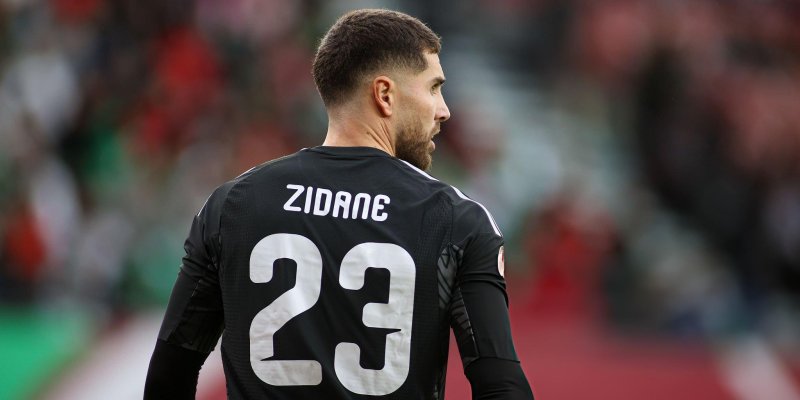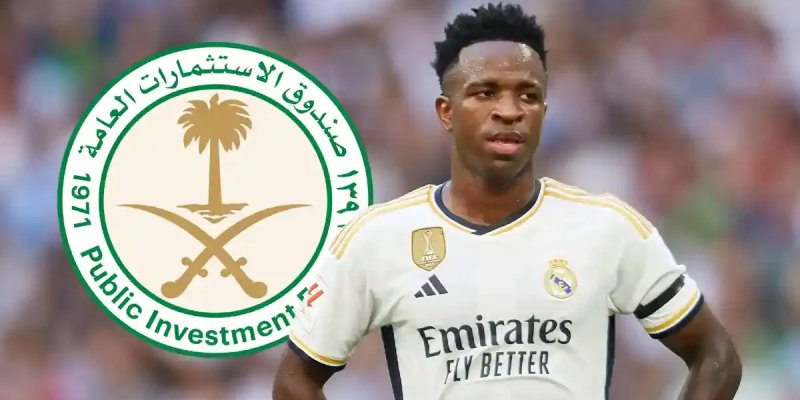
Kylian Mbappé gave a candid interview to L'Equipe — without varnish and without the usual “safe” formulas. In one conversation, all the key themes that have accompanied his career came together: maximalism and zero tolerance for errors, an ambivalent attitude toward money and the industry, the invisible math of defeats, a legal dispute with PSG, and the anxiety that fame brings. His mother, Fayza Lamari, joined the dialogue as well: for the first time in a long while, she spoke openly about what it means to be the mother of a superstar. The result is a rare portrait of a player used to living at super-speed — and a person learning to keep his balance.
"The Right to Make a Mistake? There Is None": Why Mbappé Chooses Maximalism
For Mbappé, sport is a territory where not only talent wins but daily self-demand does. He does not recognize the right to relax: you can live through a mistake, but you cannot make peace with it. This outlook often brings criticism — as if Kylian is too harsh on himself and his teammates. Yet his logic is simple: the top level is valued precisely because there are no indulgences there. This perfectionism is not a pose but a working mode: to “hold the bar” every day.
Friendship Above Club Colors: How He Processed PSG's Champions League Triumph
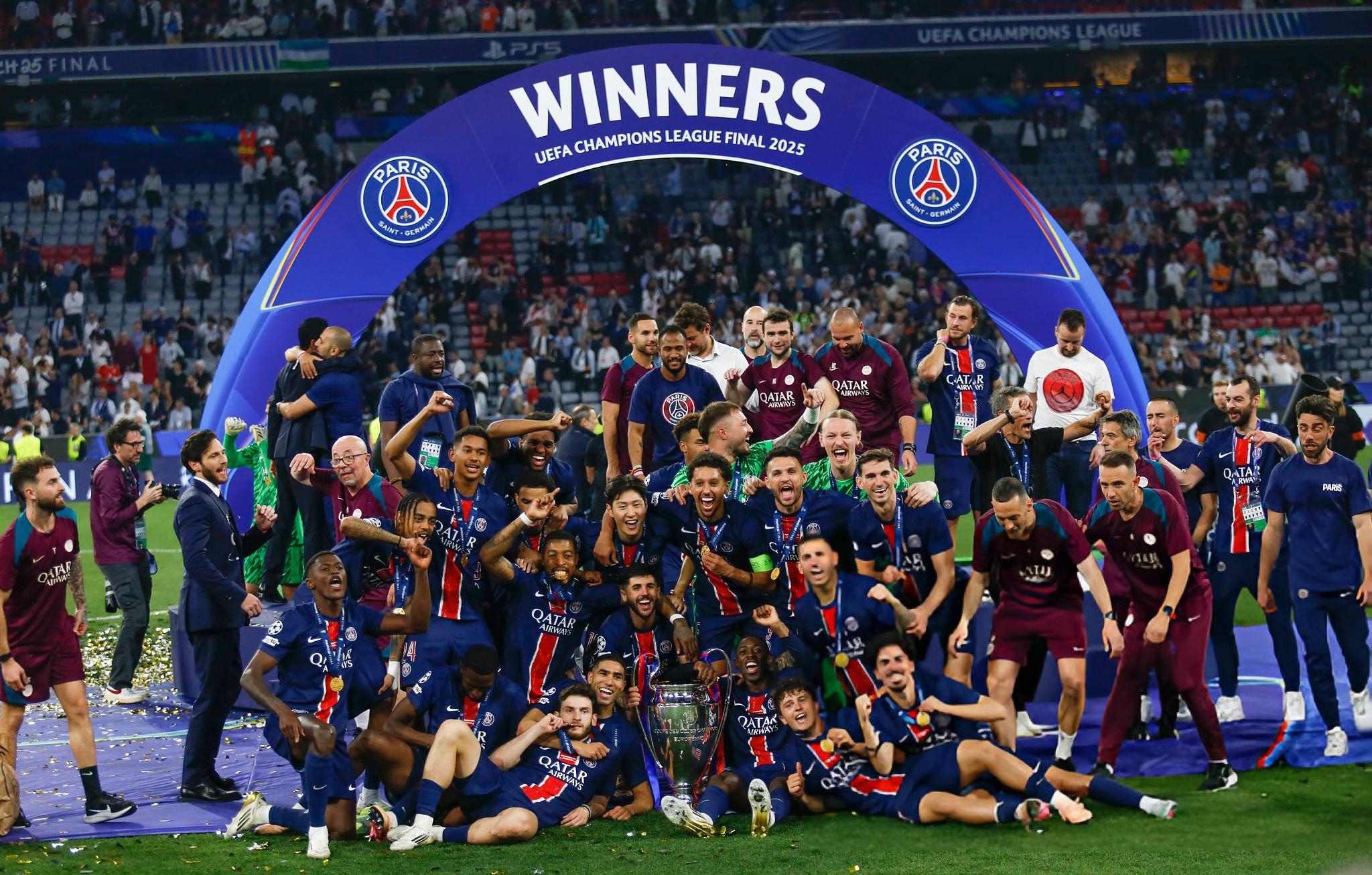
PSG’s victory in the UEFA Champions League became a test of maturity. Some might have expected barbs or a cold comment from a former leader. Instead, Mbappé chose a different stance: he has friends in that team, and friendship is a value he never betrays. His story with Paris ended without regret: there were semifinals, a final, mistakes — all part of the journey. Real Madrid had been calling for a long time; the dream became reality. There is not a gram of jealousy in that — only respect for those with whom he shared a dressing room.
Money as a Stress Test: Not About Luxury, But About Responsibility
Kylian speaks about money without romanticism: the more of it you have, the higher the risk of losing your bearings and complicating life — yours and others’. The problem is not the zeros in the balance but how the environment and expectations change. People try to hold on to “the kid you used to be,” even though they are facing an adult professional with obligations, contracts and workflows. Money is not just freedom; it is accountability — for decisions, results and conduct.
"Karma" and the Invisible Statistics of Defeats
There are matches that cannot be explained by simple numbers. PSG’s exit to Borussia Dortmund is one of them: forty shots, a string of efforts off the woodwork — and still out. For Mbappé, it remains a painful mystery: you do almost everything right, but fate twists the plot. On the other hand, if you dig into the details, logic appears: rivals strengthen, a coaching project matures, and elsewhere Barça has an outstanding season and takes the title. In this tension between randomness and regularity a workaday footballer’s philosophy is born: sometimes you are short by a millimeter — and it is not always about “karma” but about context.
Legal Dispute with PSG: Not Revenge, But the Protection of Employment Rights
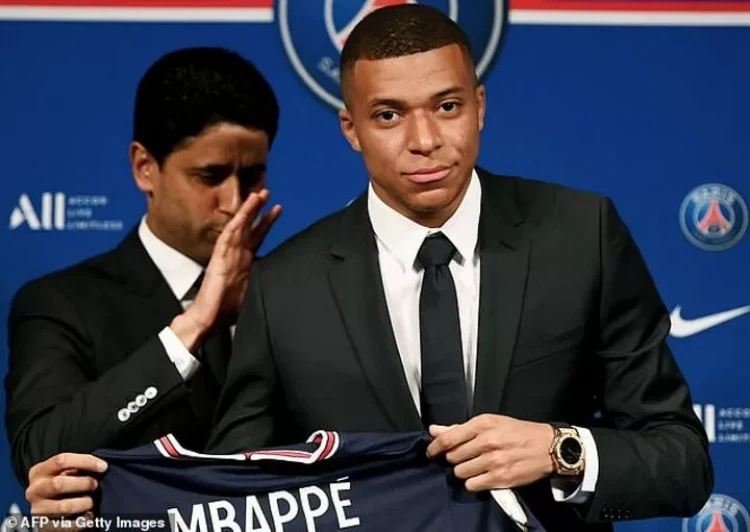
Mbappé reads the noisy case of unpaid wages coolly and matter-of-factly: it is not an attack on the club but an attempt to obtain what is written into the contract and guaranteed by labor law. He stresses his warm feelings for PSG and the friends who remain there. But when work is not fully paid, a professional has the right to seek recovery. He deliberately avoided a public scandal before leaving — he did not want to turn the season into a war. However, you cannot ignore non-payment forever: in such cases, endless silence becomes complicity.
Personal Life on Pause: Choosing Career (For Now)
Asked why he is not married, Mbappé answers without evasion: he chose football as a total commitment. Perhaps that is a mistake. Perhaps it is the only path at his altitude. Time will tell. What matters is that he does not turn himself into a “superhuman” myth — he openly admits doubts and reserves the right to revisit his priorities later.
"Life Is Beautiful, and Football Is What It Is": Where the Romance Ends
He is fatalistic about football, but not about life. Life, he says, is beautiful; football is an industry with its own rules. Fans are lucky: they come to see a show without peeking backstage. The paradox sounded honest: without this passion, the industry would have repelled him long ago. Love for the game is the only thing that can beat the fatigue of the “machine.”
Between Caution and Paranoia: How a Star Tries to Keep Trusting People
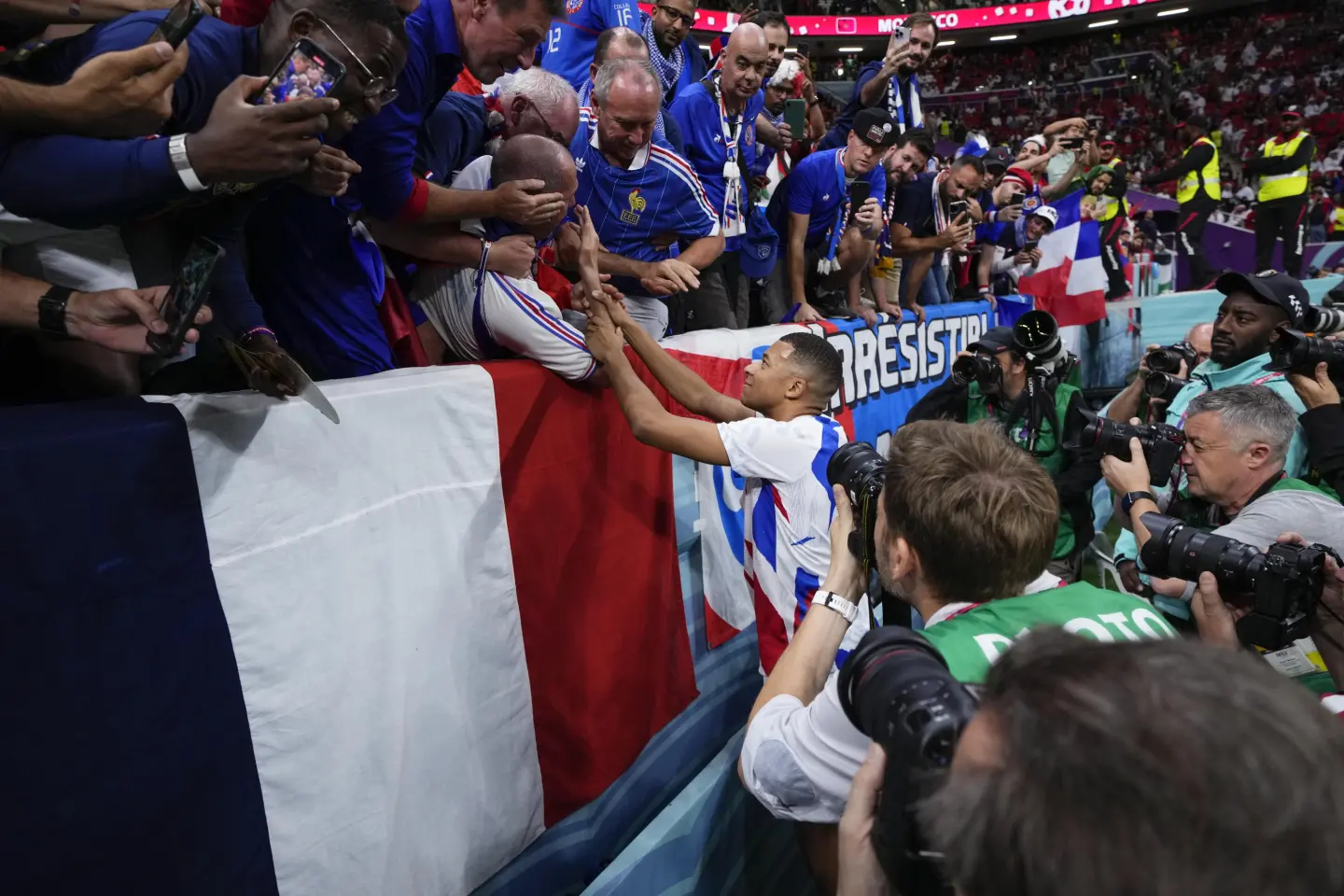
When you are surrounded by thousands of interests and other people’s plans, it is not easy to distinguish sincerity from calculation. Any conversation breeds “whys”: why was this said, what do they want, what do they expect? The line between normal caution and unhealthy suspiciousness is thin — and crossing it is often misread as the player’s own mental problem. But when your calendar is packed with meetings with people who see you as a tool rather than a person, a touch of “paranoia” becomes part of self-preservation.
A Hard Paradox: "I Hope My Son Hates Football"
It sounds like provocation, but it is not a pose. Kylian speaks about a world that grinds people down — especially children who enter too early. He would not advise his child to go into an industry that, from a very young age, splits you into “asset” and “brand,” where outcomes shrink to headlines and numbers. In that honesty is the lens of a grown athlete who sees more in the profession than stadiums and anthems.
"He Belongs to Everyone, But Not to You": A Mother’s View of Her Son’s Fame
Fayza Lamari completes the portrait from another angle — motherhood. She remembers the moment her son left Paris to chase his dream, saying “I’m starting from zero.” In those seconds she saw again the boy who once dreamed of big matches. But as soon as the stadium spotlights come on, the child seems to stop belonging to the family: the crowd loves, criticizes, whistles — and divides him among “everyone.” At that level, Fayza admits, there is almost no time for an “ordinary” life.
"Icon" Is a Scary Word: Fame as a Territory of Expectations
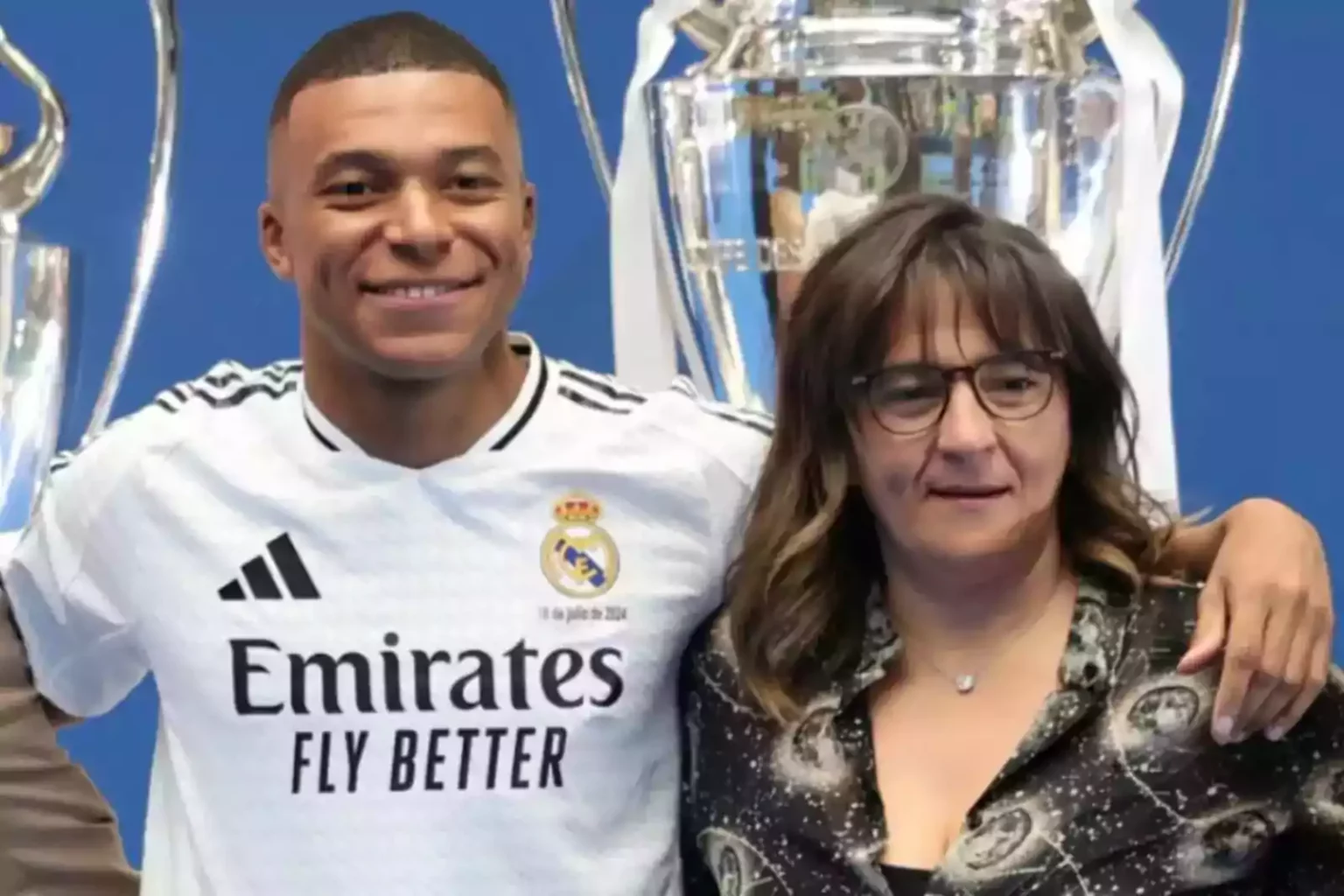
Lamari dislikes the word “icon”: there are too many expectations in it and too little of a living person. The fear is not of greatness, but of the bottomless demands that follow it. She is more often proud of what kind of person Kylian has become than of what kind of player he is: kindness, responsibility, the ability to take a punch — all of that matters more to her than statistics.
Memory of the Heart: Zidane, Ronaldo and the Magic of Childhood Heroes
Family stories convey better than any numbers how a dream is formed. The first meeting of 14-year-old Kylian with Zinédine Zidane was bone-deep sincere: he hesitated to wash the jacket his idol had touched. Shortly afterward, Cristiano Ronaldo appeared — and for a time the boy nearly “declared himself Portuguese”: he sought broadcasts, watched Portugal’s national team and supported Ronaldo. There were other magnets — Robinho, Ronaldinho. This “pantheon” turned a dream into a goal.
How the Family Makes Decisions: From "We Knew the Road to Real" to "Stay in 2022"
Lamari admits: from the age of fifteen it was clear where the road led — to Real Madrid. The parents accompanied and protected without imposing their will. The exception was 2022: that was when the family asked Kylian to stay at PSG. The pressure was colossal: from talk of club staff losing jobs to debates about the French league’s broadcast rights and image. Paris was building a new training center, the Olympics and a global season lay ahead — and the PSG project seemed at its peak. Staying looked like a measured decision — and passed without drama.
The Cost of Stress: From First Champions League Matches to Lessons in Quiet
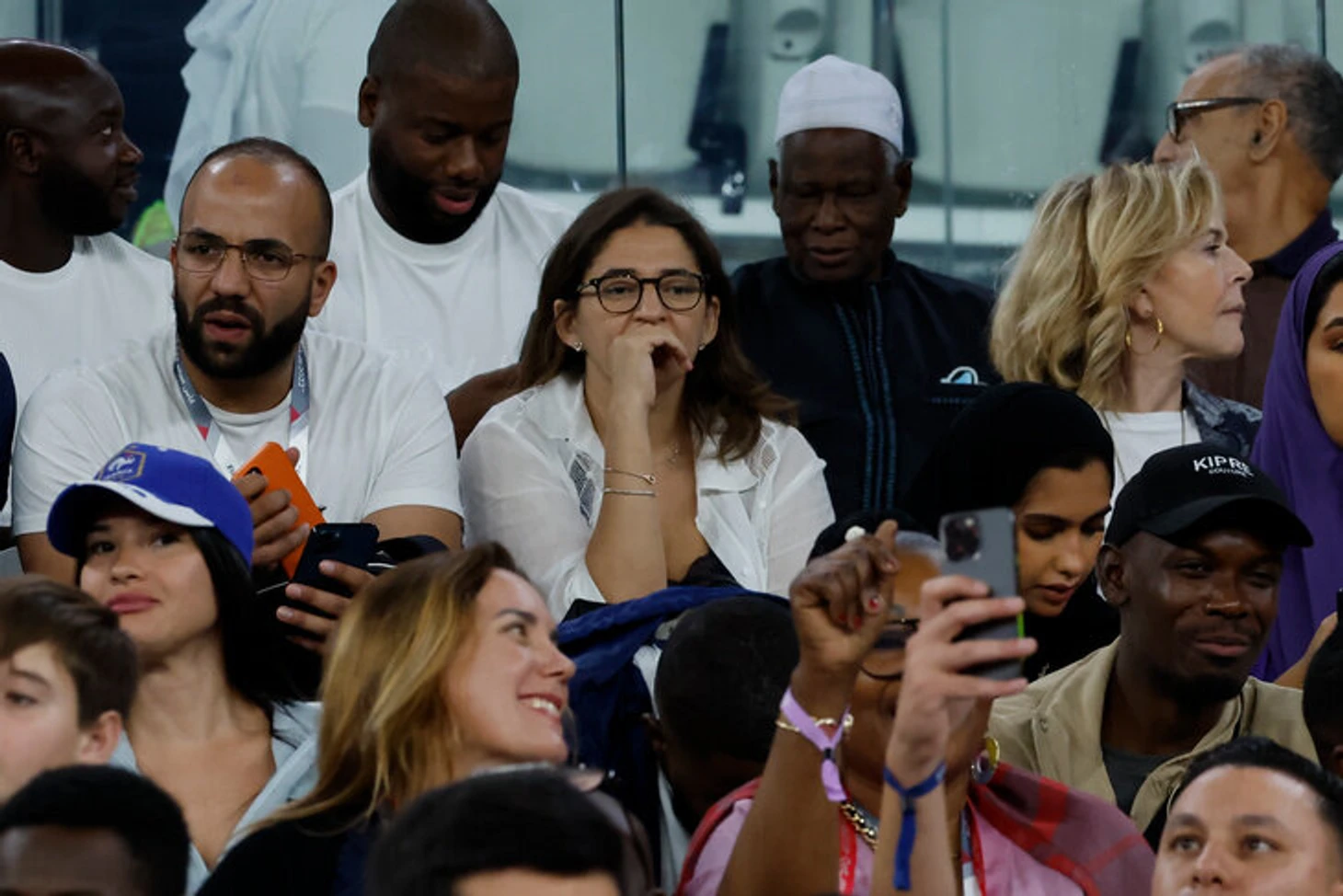
A mother’s nervous system is not built for living “every evening on a knife’s edge.” His first UEFA Champions League match for Monaco — against Manchester City on February 21, 2017 — was a shock: the world’s attention collapsed on him at once. The stress was such that Fayza put on weight and spent a long time learning how to live again. Today she has a “place of quiet” where she recovers and gathers herself when the information flood becomes unbearable.
Where His "Voice" Comes From: Family, Culture and an Adult Environment
The explanation for his confident speech is not PR courses. Kylian grew up among adults for whom conversation always mattered: a Cameroonian grandmother and grandfather, eleven aunts and uncles, athlete parents, a sister who is a teacher. His father, Wilfried, recalls that his own father could have won speech-making contests. In this “linguistic broth,” Kylian’s way of thinking and speaking precisely was formed. At five he knew Charles Aznavour’s repertoire by heart; today he listens more to young French artists — simply because he knows how to love words.
Adult Simplicity: How Not to Lose Yourself at Mbappé's Speed
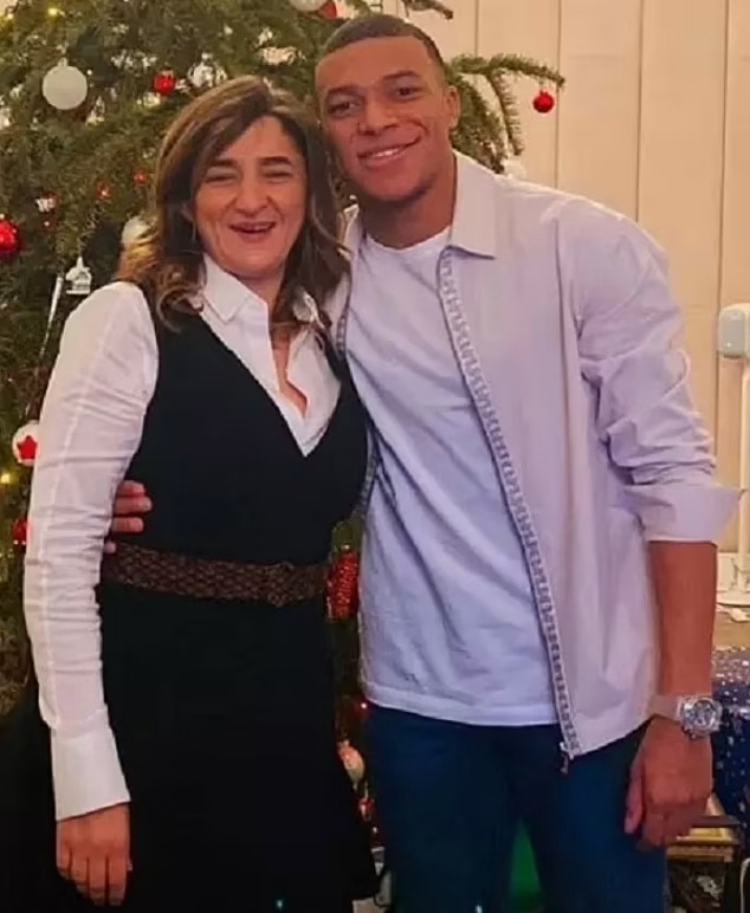
In sum, Mbappé and his mother sketch a picture in which sporting success is only the tip of the iceberg. Below is quiet, stubborn work on preserving oneself. Kylian does not trumpet heroism; he simply and consistently explains his choices: respecting friends even after leaving a club; claiming what the contract entitles him to — not out of greed but on principle; acknowledging his own doubts and fatigue; not confusing life with the industry. Fayza adds another vital layer — the family’s right to boundaries and quiet in a world that demands attention far too loudly.
Mbappé has long been more than just “a fast forward.” He is an example of how modern stars grow up: not with prettified image bows, but with honest conversations about hard things. And that, perhaps, is his chief lesson for a new generation — you can remain yourself even when it feels like you “belong to everyone.” The main thing is not to hand anyone the compass that points the way.

